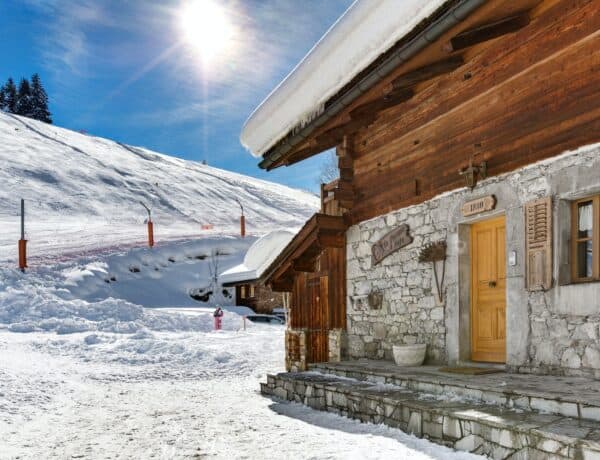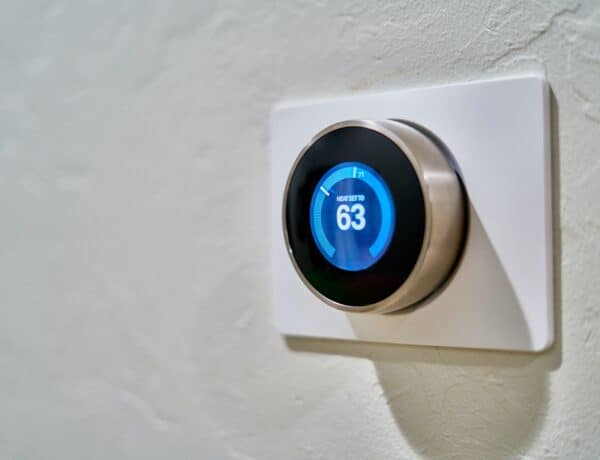You are – or will soon be – the owner of a beautiful alpine chalet as a second home. Your dreams of skiing, hot chocolate and evenings around the fire have come true for a few weeks of the year, leaving your chalet vacant for 90% of the year.
But this begs the question: What if you rented out your chalet when you’re not using it? And what would be your seasonal rental goals for your chalet?
Though it might sound simple, it’s important to ask the right questions before you embark on your rental project. For example: How much could you actually make from your chalet? How do you tell valuable advice from questionable information? How do you set clear, realistic and achievable goals?
Starting a seasonal rental business doesn’t happen overnight. It is essential to set out your goals so that you can implement an effective plan for your property.
In this article, we explain the three main objectives you need to consider for a successful holiday rental business, based on your financial situation, your rental objectives, your use of the chalet, and your lifestyle.
1. The repayment goal
If you decide to offer your chalet for rent, a primary aim is to cover your costs. This means generating enough rental income to cover both your investment and costs, from its acquisition to its operation, in order to finance:
- The cost of buying the chalet;
- Repayment of any loan you may have taken out;
- The interest on those costs;
- The running costs of the chalet and rental fees: property tax, gas, water, property management services, cleaning, and costs related to the rental platform.
In other words, you are aiming for your chalet to be self-financing. You will not generate immediate benefits through renting out your property, but at the same time, you won’t have to touch your own funds to finance your property and its rental.
The repayment goal is particularly suited for homeowners who want to pay off their debts quickly so that they own their chalet outright, and can then reap the benefits afterwards.

How does it work?
To reach your goal, you can use this equation to establish a repayment plan: rental income – (chalet cost + rental costs + charges) = 0.
You must then work out as accurately as possible all costs related to your rental activity. But note that:
- Some costs are fixed and easily predictable, such as the amount of your bank loan, interest, property tax, internet subscription or insurance of your chalet.
- Some costs can only be estimated because they are variable expenses, for example, energy consumption (gas, electricity), or maintenance costs that will depend on the number of guests at your chalet from one month to the next, or the time of year.
- Some fees are more subtle and are easily – and dangerously – overlooked. Don’t forget to provide a contingency fund for possible repairs, renovations or the replacement of items such as household linen or crockery.
Once all these costs have been identified, you will be able to calculate your basic income, ie the minimum rental income you will have to generate over the year to guarantee the self-financing of your chalet and the time needed for it.
A little matter of tax …
Your bank loan
Very often, homeowners who are aiming for a repayment goal are not just looking to repay their loan with their rental income. They are looking to use that income to repay their loan faster.
If you are also looking to reduce the repayment period of your property loan, you will have to ensure that your chalet generates rental income above your basic income. You will then be able to repay your loan in advance, with a key saving on interest.
However, this financial transaction is only possible if your loan is repayable in advance, so it’s important to understand the terms and conditions of your mortgage.
Your tax system
Depending on the way you pay your taxes, you may or may not benefit from certain tax deductions. This can be crucial in calculating your basic income.
It’s worth talking to an accountant or real estate investment expert to choose the option that is best for you, but to get a rough idea, take a look at our blog post on tax for more information
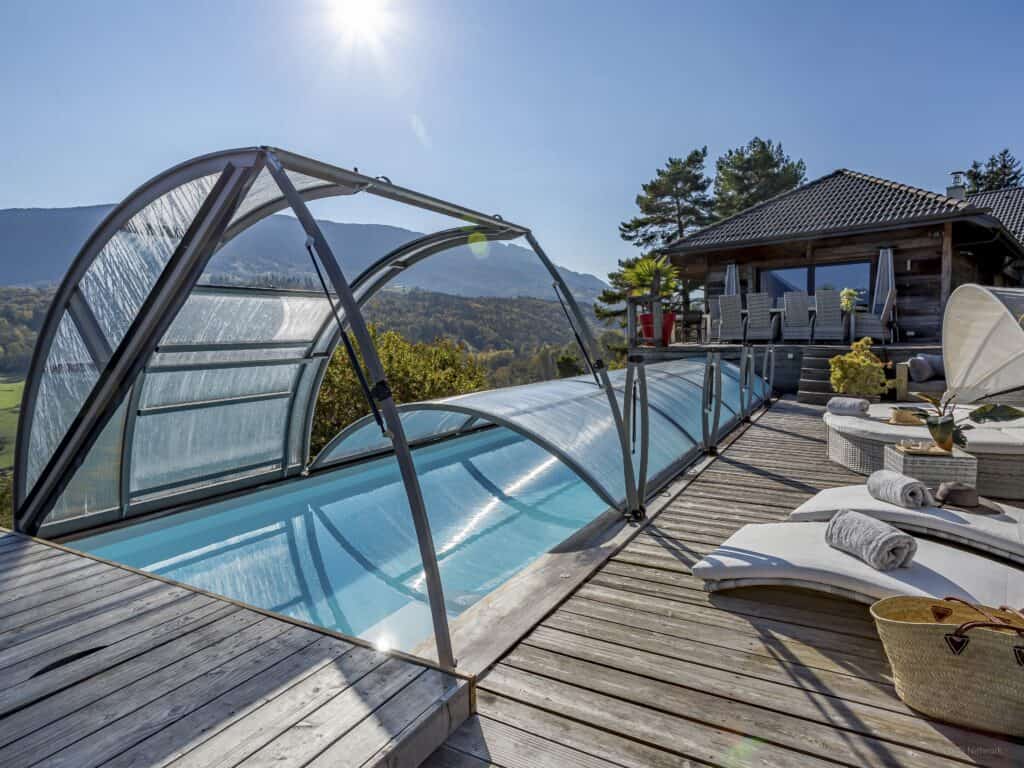
Is the repayment goal right for you?
Now that you understand what it means to set a repayment goal for your seasonal rental activity, here is a summary of what you need to keep in mind:
| Advantages | Disadvantages |
| – Rapid debt reduction – A rise in net value – Enhancing your credit profile – Savings on interest – Other income sources are protected | – Rental income is not available to you – You risk missing a more profitable rental opportunity – Lack of diversification in your investment portfolio |
Let’s now focus on the second goal you can set when you start renting out your chalet: the goal of occupancy.
2. The occupancy goal
The occupancy objective is suitable for owners who want to achieve two things:
- Enjoy their beautiful property whenever they want.
- Rent their chalet when they’re not using it to build up a source of income.
In this case, the aim is to maximize the occupancy rate of your rental business. This refers to the number of weeks it will be rented, outside the periods when you intend to enjoy it yourself.
Here, the plan is to create additional income, rather than to self-finance the project, and the priority is the owners’ personal use, sometimes at the expense of profitability. This is particularly true in the case of school holidays and dates such as Christmas and New Year.
In theory, this means that you do not rely on your rental income to finance your chalet. In practice, of course, there’s nothing to stop you from using your rental income as you wish.

How does it work?
The major issue, if you want to enjoy your chalet as well as maximise its occupancy rate for the rest of the year, is to be realistic.
If your main aim is to enjoy your chalet, with renting it as a secondary aim, it’s likely that you enjoy winter sports and the beautiful snowy landscapes. Therefore, you will want to stay in your chalet when you can make the most of these activities – that is, during the high season.
Your chalet will therefore be occupied during the weeks when the holiday rental demand is greatest. Our revenue management experts at OVO Network don’t recommend this approach – as these are the weeks when you can generate the most income.
If you do decide on this approach though, it means that for the rest of the year, you will need to maximise your occupancy rate in the periods when the demand is lower. Depending on the location of your chalet, its facilities, and the activities available in the area, this can be more or less problematic.
But it’s not impossible, of course, and it can still be beneficial to you, especially if you do not have to generate a certain level of income. But this is an important point to consider.
A word about marketing…
If maximising occupancy is your seasonal rental strategy, you will probably be tempted, at some point, to think “quantity” before “quality”.
But be careful. Focusing only on maximizing your occupancy rate can be counterproductive. It’s important to consider the human factor and the quality of the experience you offer to your customers.
It’s easy to succumb to the urge to reduce your tariff in the hope of attracting more demand. But that’s not always a wise strategy.
By doing so:
- You devalue the brand image of your chalet.
- You attract customers who are looking for the lowest price and not the best experience. They will cost you more than you think.
These two elements will quickly lead to the material degradation of your property, a decrease in customer satisfaction, a decline in your rents and so on, creating a vicious circle that is difficult to break.

If you want to maximise your occupancy rate while preserving the quality of your chalet, it is important to find the right balance between market demand and the level of quality you want to offer.
By focusing on the quality of the experience offered to your guests, you can maintain a high occupancy rate while preserving the value of your property over the long term. Our advice is to get help from the experts, who specialise in the rental management of chalets in the Alps.
Is the occupancy goal right for you?
Let’s look at the advantages and disadvantages of the occupancy goal when we want to start a seasonal rental activity.
| Advantages | Disadvantages |
| – You have priority when it comes to using your chalet – Regulating occupancy helps control wear and damage – You’ll create another source of income – A chalet which is fully occupied is less of a risk for insurers and deteriorates less quickly | – It’s difficult to keep occupancy high during the low season – There’s a temptation to put quantity before quality |
3. The profitability goal
The return on investment compares the financial gain with the initial investment costs. Setting a goal of profitability means making sure that your chalet pays you as much as possible, compared to what it costs you.
To achieve this, your chalet must generate enough revenue to cover all the costs associated with its ownership and operation, while generating additional income.
Think like a businessman. You need to put in place a strategy that minimizes your costs while maximizing your revenue in order to achieve the best possible profit margin.
With a clear net profitability goal, you can make informed decisions and tailor your strategy to maximise your profits.
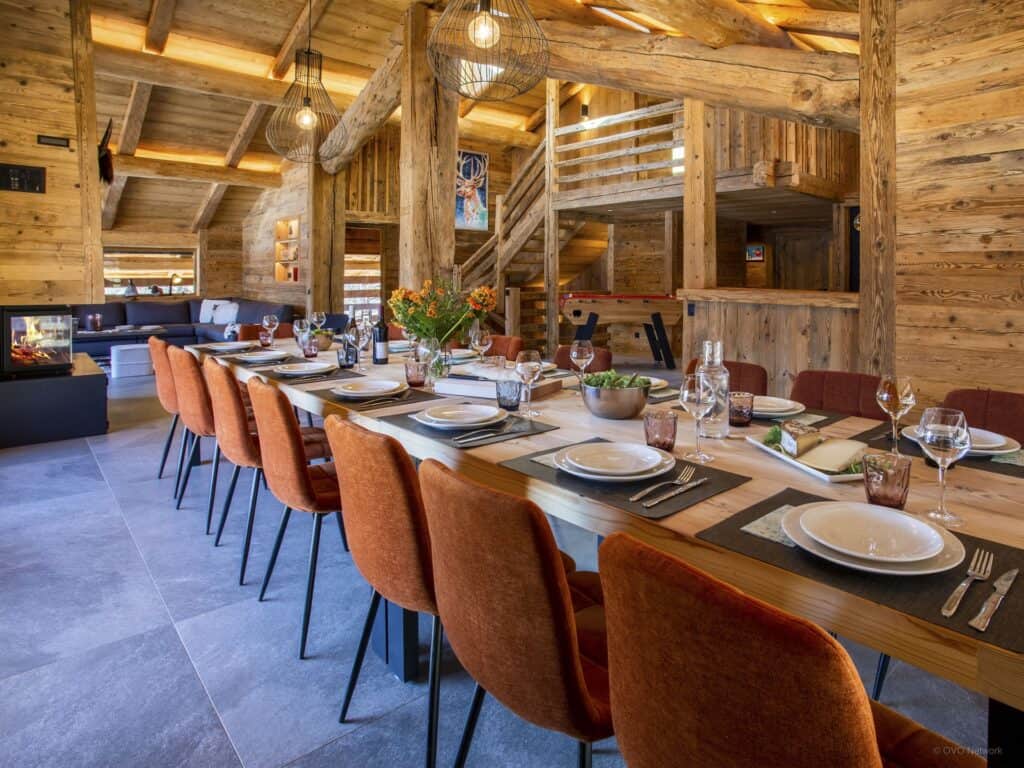
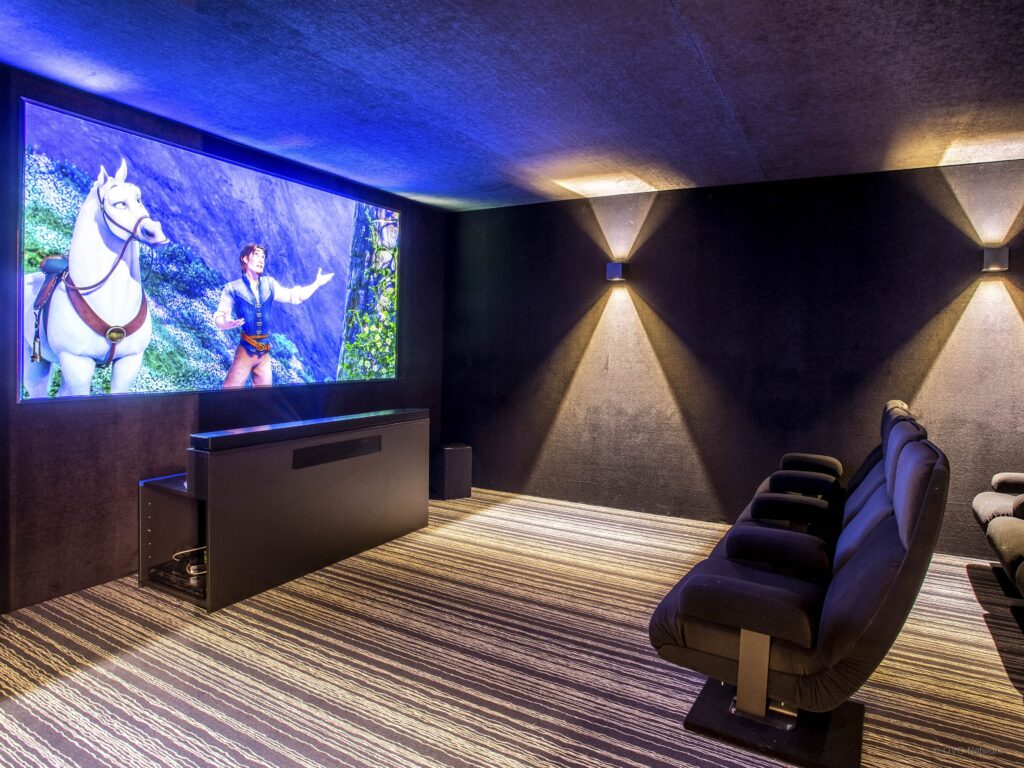
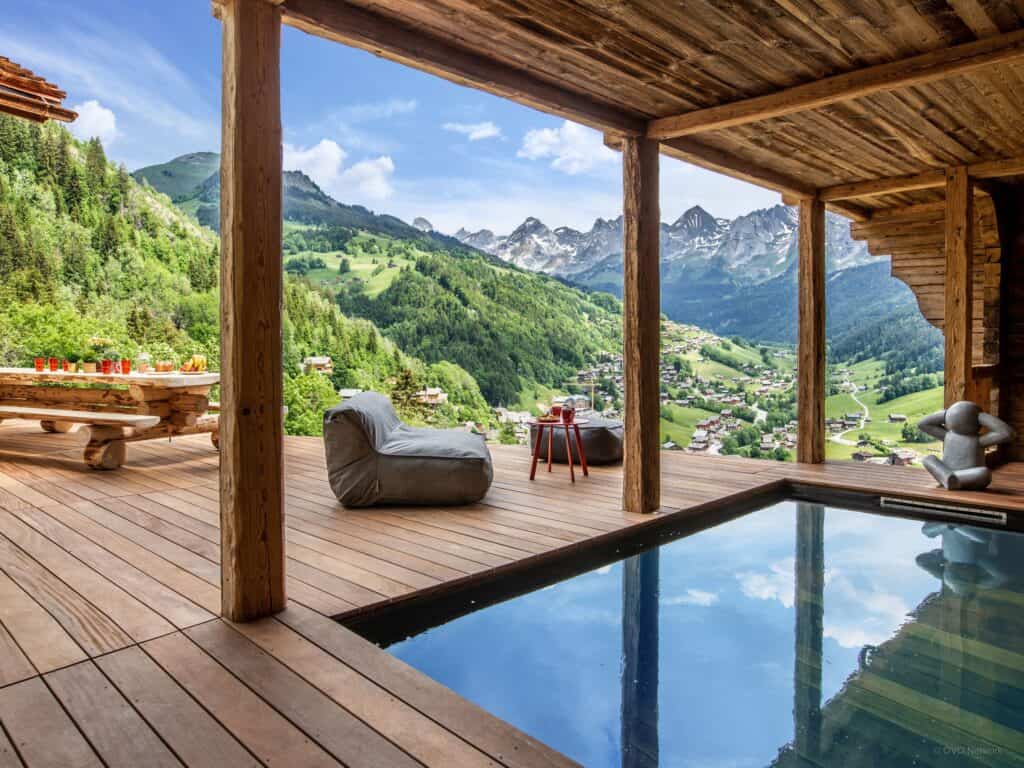
How does that work?
As we have already seen, there are two main ways of making your holiday rental business more profitable: minimising costs and maximising rental income.
Minimising costs …
When it comes to minimising costs, you need to identify all costs related to your seasonal rental business and define your minimum income.
Of course, it’s possible to minimise your costs, but you will soon realise that you will quickly exhaust your resources.
Once you have chosen the best tax system possible, renegotiated your energy contract and are assured of the best value for money with your rental agency, you will not have much room to manoeuvre.
…and maximising your revenue
If you really want to boost the profitability of your chalet, you must focus on maximising and optimising your rental income.
Here are some ways you can do that:
- Branding: create an attractive and unique brand image for your chalet, highlighting its unique charm.
- Market analysis: study the competition and rental environment in your area to help you set a suitable price.
- Marketing: launch a paid advertising campaign to increase the visibility of your property.
- Rental management: Offer a high-end experience to your customers. This can be achieved by establishing effective check-in/out protocols or offering additional services such as housekeeping or a concierge service.
- Adding value: certain facilities and equipment may positively impact the quality and classification of your chalet.
- The length of stays: short stays or bookings by the week – which is the most profitable? Discuss your rental project with renowned experts, in order to put in place the strategy that best suits your needs.
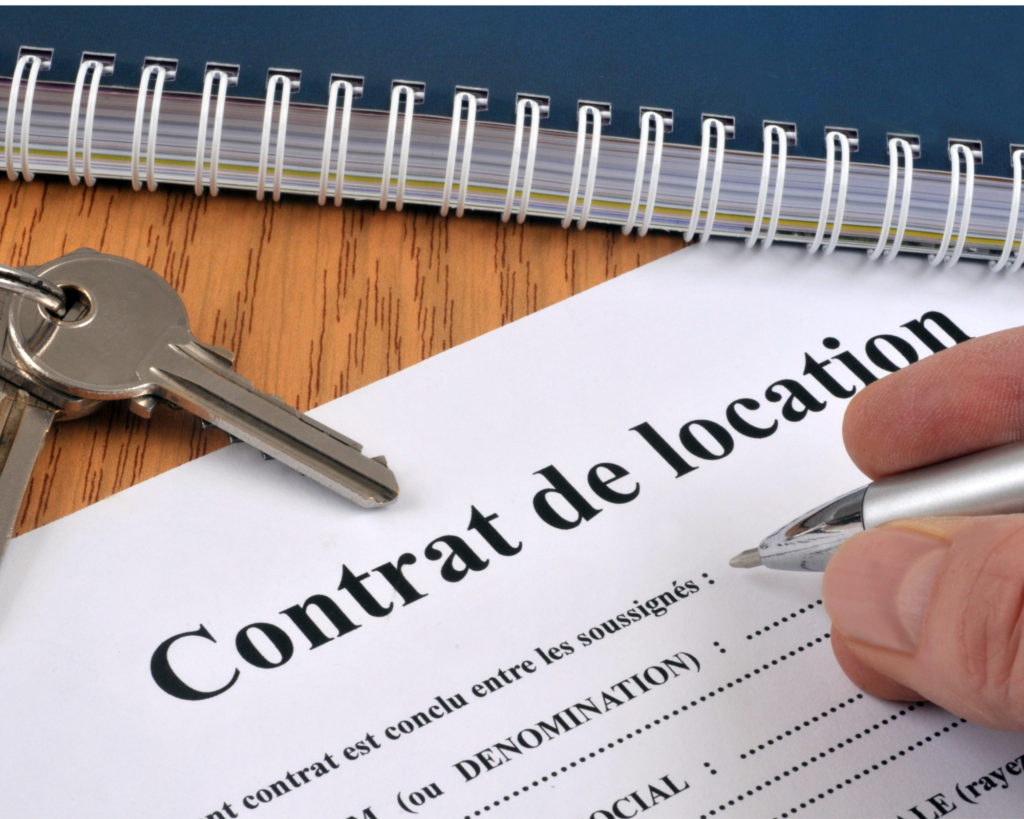
As you can see, each of these actions falls within a very specific area of expertise. For each of these areas of expertise, the learning curve is very steep. And in order to succeed in seasonal rentals, it is important to get advice from professionals.
Is the profitability goal right for you?
Let’s look at the implications of setting a profitability goal for your rental chalet.
| Advantages | Disadvantages |
| – Opportunity to generate significant rental income – Improving your net worth and credit profile – Adding value to your property (maintenance + permanent improvements) – You can always revert to a repayment goal | – Stiff competition – No investment is guaranteed to be risk-free – Need to be versatile and effective in promoting your chalet, market analysis, accounting, rental management, etc |
Make your weakness your best asset
If you look at the right-hand column of the table above you will notice two things:
- The disadvantages listed can quickly become risks. If you are not competent in the various actions you must take, you will lose time and money.
- You can eliminate a large number of disadvantages from the equation by working with trusted partners, who specialise in the field of seasonal rentals.
These three rental goals are to some extent interdependent. For example, if you’re looking for profitability, you can look at higher rates – however, this could reduce the occupancy rate. On the other hand, a high occupancy rate might point towards high profitability – but filling your chalet at any price can be counter-productive.
Take some time to think about your goals. There are no right or wrong answers. The important thing is to analyse your situation carefully and work out what will suit you in the long term. However, you have seen that it is crucial to surround yourself with qualified professionals if you choose a profitability objective.
The experts at OVO Network, a leader in rental management of chalets in the French Alps since 2008, are at your disposal. They will help you analyse your situation, identify your property’s strengths, develop a winning strategy and maximise your rental income.
Until then, you can work out the profitability potential of your chalet with our rental income calculator.
Did you find this article helpful? Here is some more reading that will broaden your knowledge of rental investment:
